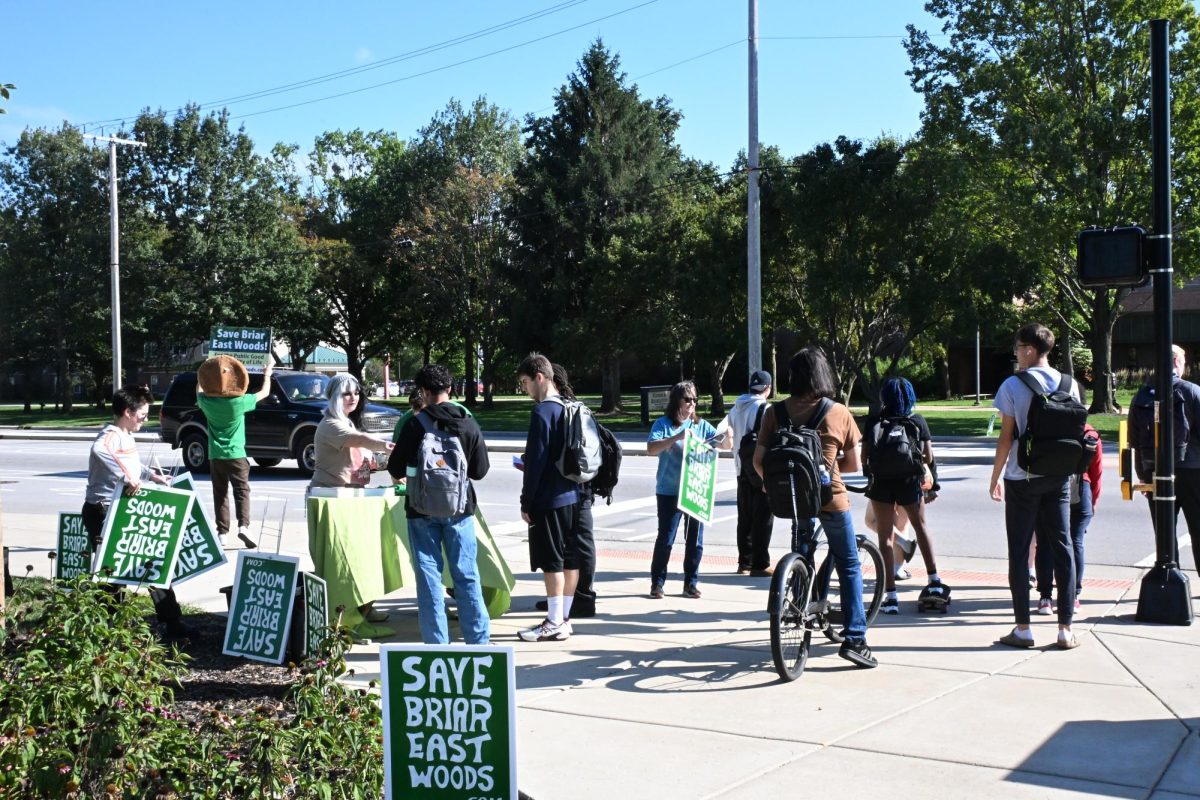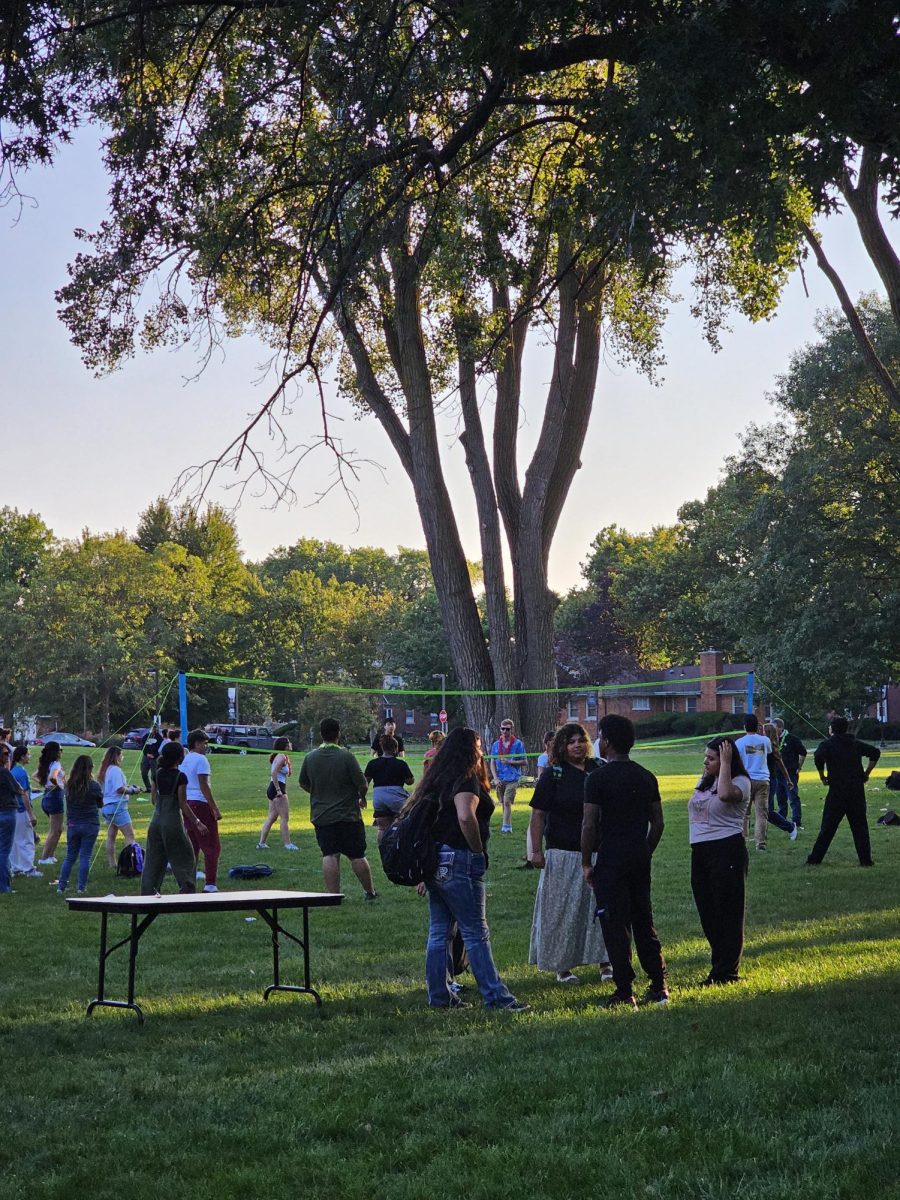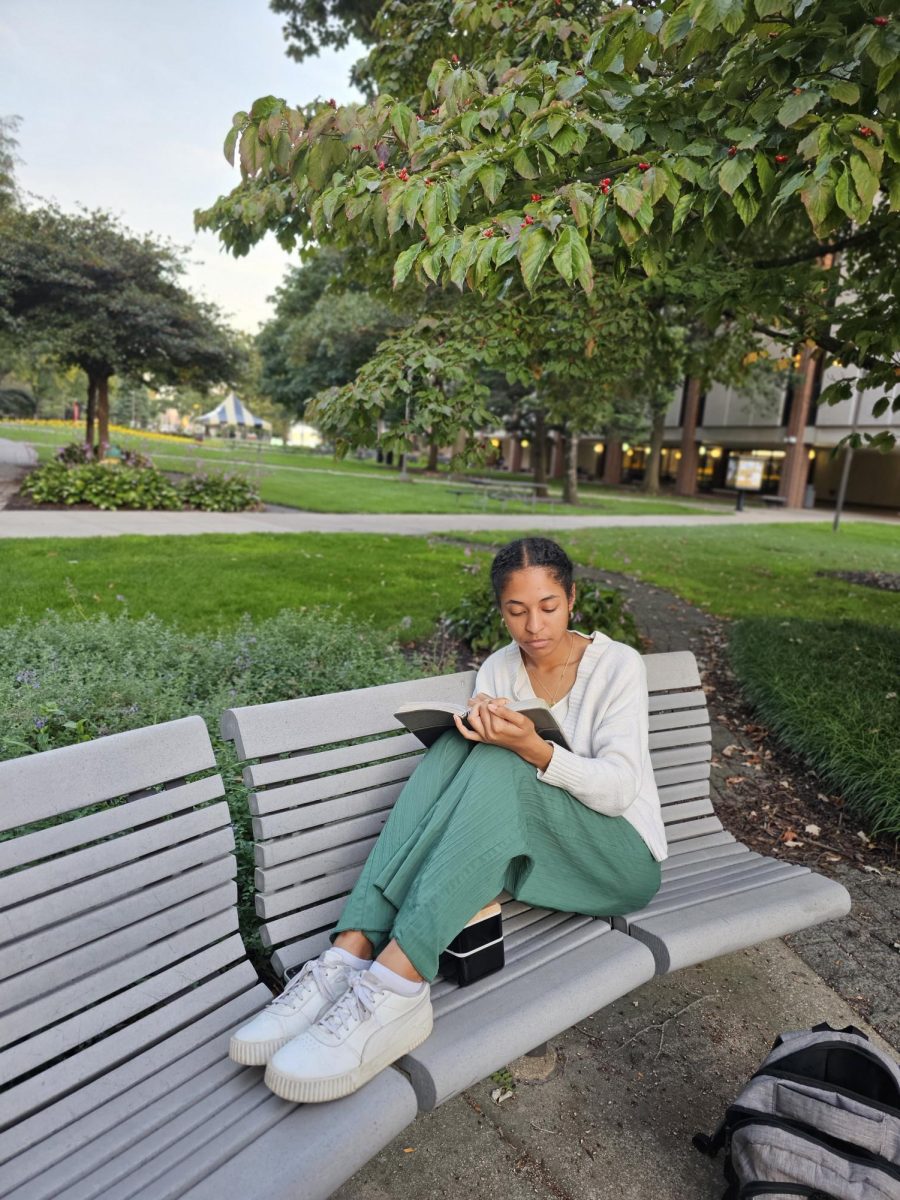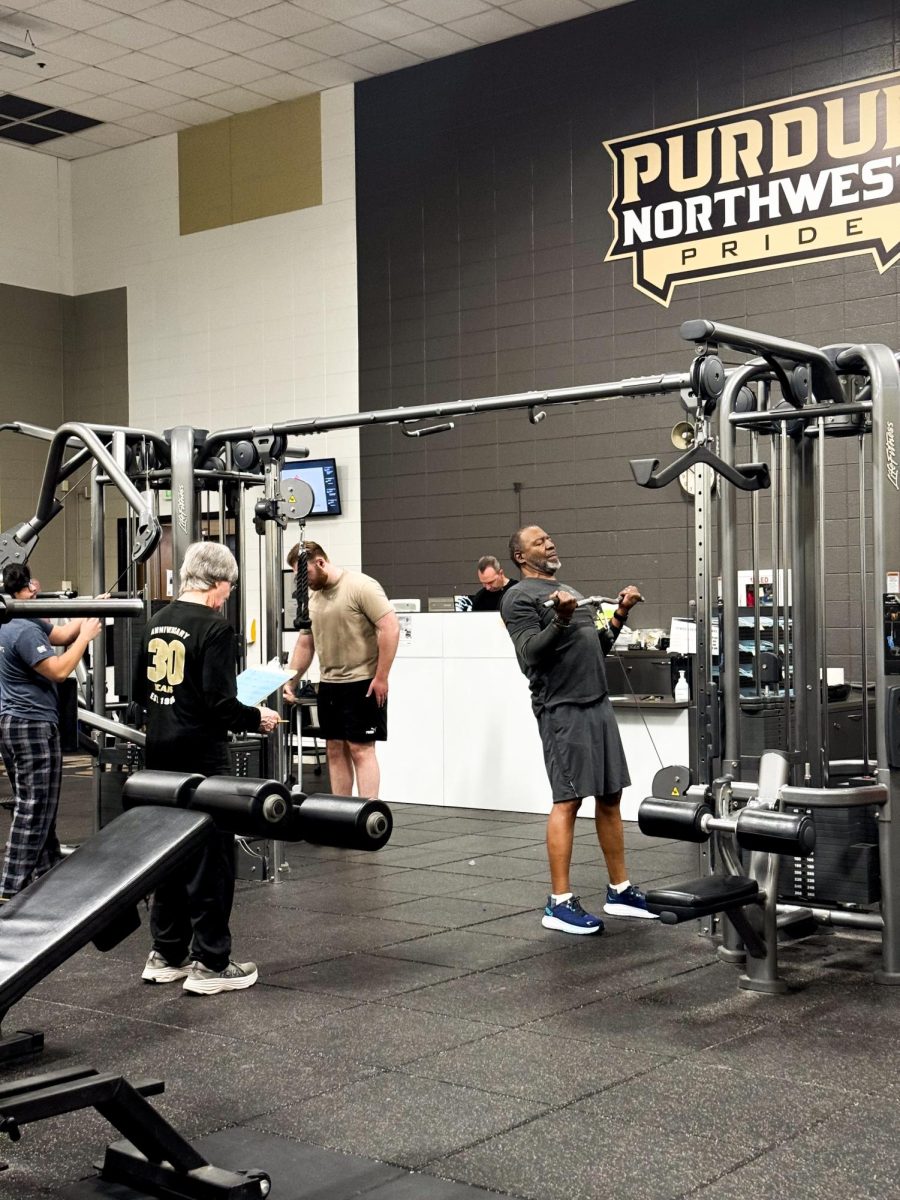It is OK to not be OK.
That’s the advice PNW’s counselors offer students who struggle with mental health stresses stemming from the threats of COVID-19, gun violence, school shootings, political discourse, social media, an upsurge in racial tensions and more.
“I have never had a client of mine come to me and say, ‘Dr. Casanova, I want to make an appointment to talk with you because things are going great in my life, I feel good and I want to stay that way’,” said Giselle Casanova, interim head of the Psychology Department.
A Harris Poll found that adults ages 18 to 34 reported the highest rate of mental illnesses at 50% in 2023.
PNW counselors work to help students cope with the pressures of school, work and family. The problems are harder for minorities.
“Mental health conversations for some in the Black and Brown communities are still tepid,” said Casanova. “They are sometimes taught to deal with trauma privately or in the family.. versus going outside of your family or even the church to seek any kind of assistance.”
She said there are reasons for why minorities might frown on seeking mental health assistance.
“Historically, due to racial discrimination. … there is not a great deal of trust [for medical professionals],” said Casanova. “For the Black community, the distrust comes from years of mistreatments as social experiments …, [and] the Latin, Hispanic community is more likely to not have access or an understanding in the mental health space.”
“I wish that we could normalize taking care of ourselves and our mental health the way we do our physical health,” said Casanova.
Criminal Justice major Gabriella Herrera has faced those barriers around her mental health.
“The first time I thought about therapy was in high school, [and] the school was predominantly Caucasian and I did not fit in,” she said. “People did not hesitate to make their feelings known. They would say things like ‘Trump needs to build that wall’ or they would say things like ‘I bet you tan really dark’.”
Herrera comes from a Mexican background and holds different cultural values than some of her American peers, she said.
“In my culture, people eat,” she said. “Being a size zero to three is not a thing.
“I developed an eating disorder,” said Herrera. “I figured if I was a slimmer person, I could fit in.. There were times I felt embarrassed about my ethnicity, which causes you to [try and] make yourself small.
“Therapy was something that I did not do …, because I viewed it as weak, coming from strong people,” she said. “I figured, dust it off, you will get over it.”
“Once I started attending [PNW], I finally felt a sense of belonging among my peers,” Herrera said. “However, my struggle with self-image is still a big problem.”
While Herrera is still on her journey to improved mental health, Kody Parkham said he got a boost from the pandemic.
“COVID helped me mentally,” said Parkham, a Finance major. “It was a time of self-discovery, giving me time to reflect on my life, [and] deal with bad/unhealthy habits.
“I was so concentrated on school [and] it can become easy to forget that people are still struggling and still dealing with issues,” he said.
In February Parkham attended a mental healthcare seminar that made him realize he might benefit from help at PNW.
“I understand the necessity of therapy,” he said. “Speaking with a professional, given how hectic life can get, can help you stay balanced.”





